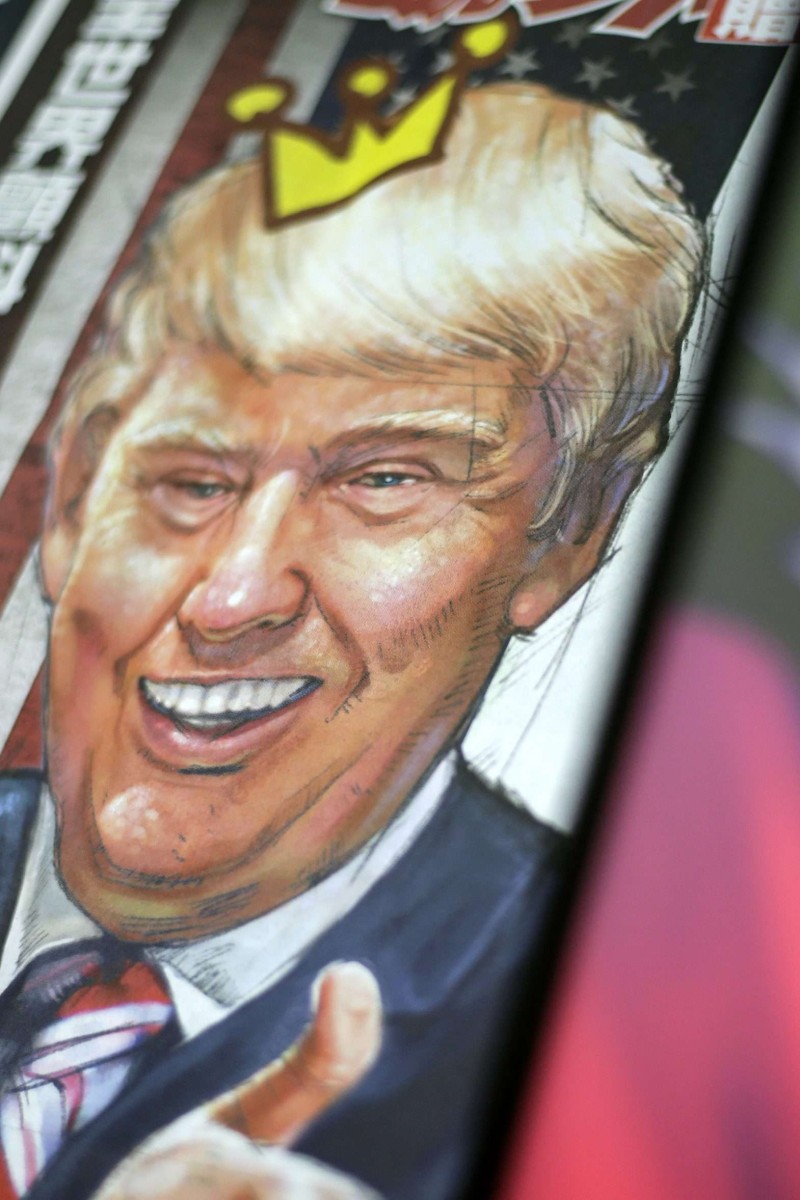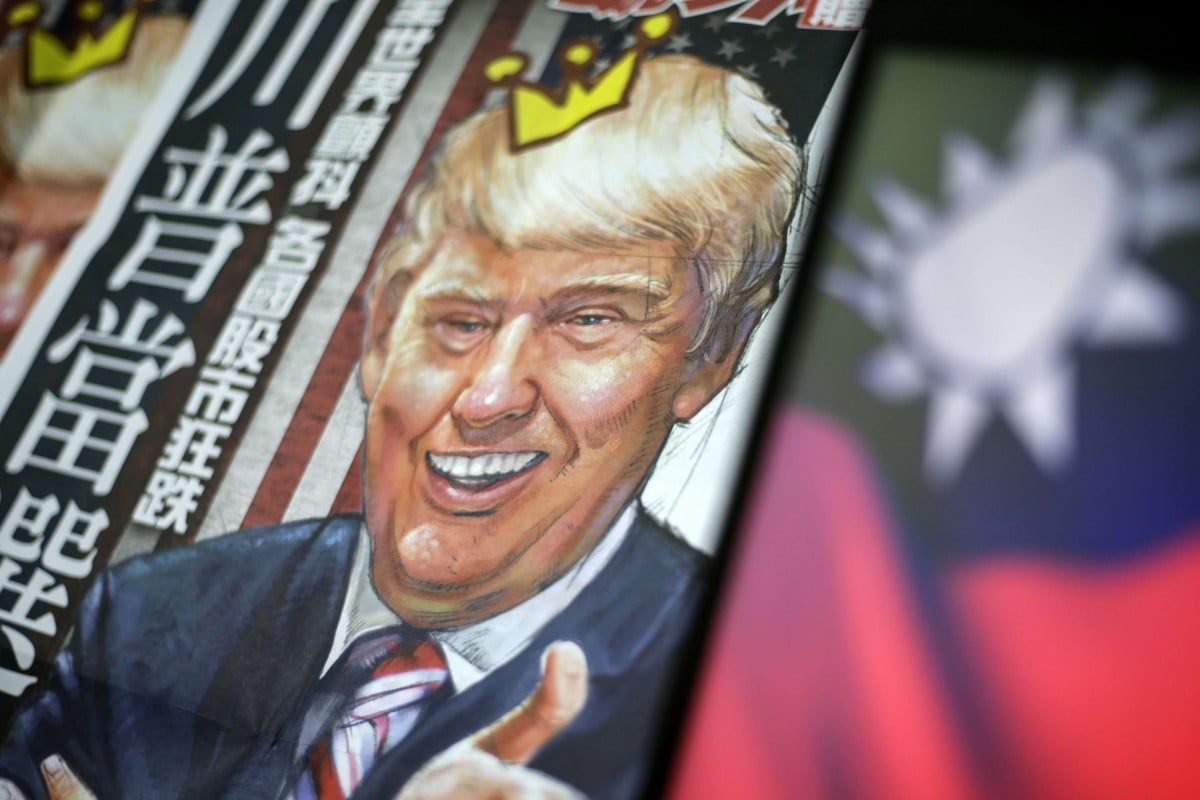
Donald Trump did one thing right when he stood up to China and spoke to Taiwanese president Tsai Ing-wen
There’s not much to applaud about Donald Trump’s successful presidential bid – but his phone conversation with Taiwanese president Tsai Ing-wen is one of them
 Donald Trump’s successful presidential bid might not be as bad as all that – as his phone call with Taiwan’s president proves.
Donald Trump’s successful presidential bid might not be as bad as all that – as his phone call with Taiwan’s president proves. Less than a month after the US presidential elections had concluded, president-elect Donald Trump spoke on the phone to Taiwanese president Tsai Ing-wen, breaking decades of US policy in Asia.
In the world of diplomacy, a phone call is never truly innocuous or casual, regardless of what leaders might say. This was President-elect Trump at his irreverent best, casually dismantling in one fell swoop the “One China” principle.
The ”One China” policy is China effectively telling the rest of the world to recognise Taiwan and the mainland as inseparable parts of one single entity – China. Despite the fact that Taiwan is democratically ruled, Beijing considers it a rogue province, and forces this interpretation onto the rest of the world.
Trump’s phone call was much more than just a conversation – it was a warning to China that it can’t continue to bulldoze and coerce other countries like they’ve done in the past. It was a breath of fresh air when compared to the deference shown by previous US administrations. I disagree with many of President-elect Trump’s policies and opinions, but, seemingly for the first time, he managed to summarise his viewpoint with surprising logic and lucidity in a tweet:
“Did China ask us if it was OK to devalue their currency, heavily tax our products going into their country, or to build a massive military complex in the South China Sea? I don’t think so!”
All three actions would have been against US interests, making this at best a sly, selfish move on Beijing’s part.
The building of the military complex is not the first time that Chinese leadership has encroached on the sovereignty of other countries. Despite having promised to respect the Line of Actual Control (LAC), which set the boundaries of both Indian and Chinese territory on their shared border, China lodged a “strong protest” with India over Indian Prime Minister Narendra Damodardas Modi’s visit to Arunachal Pradesh – territory that’s clearly marked as Indian according to the LAC. A Chinese foreign minister then denied that they had ever recognised the LAC, saying that “the Chinese government has never recognised the so-called ‘Arunachal Pradesh’.”
Beijing’s influence over and interest in Hong Kong is understandable, but it isn’t acceptable for them to continue to police and bully other countries, especially considering the plethora of domestic problems they face – from pollution to human rights abuse. The PRC’s government seemingly thinks they have the right to directly interfere in the political happenings of foreign countries, when it doesn’t.
With one simple phone call, Trump has taken a much-needed step towards disabusing them of this notion, while at the same time making a move towards guaranteeing the national sovereignty of various Asian countries that border China.